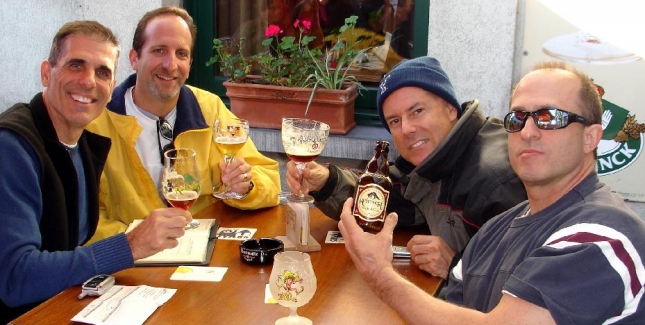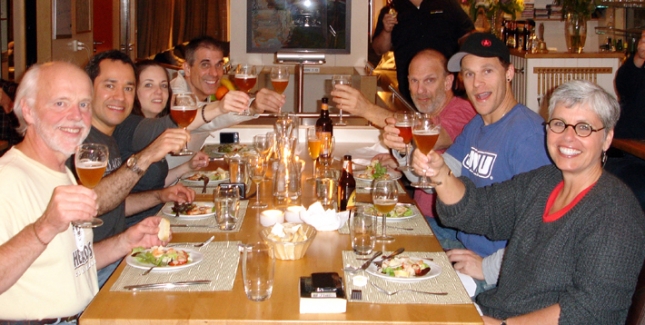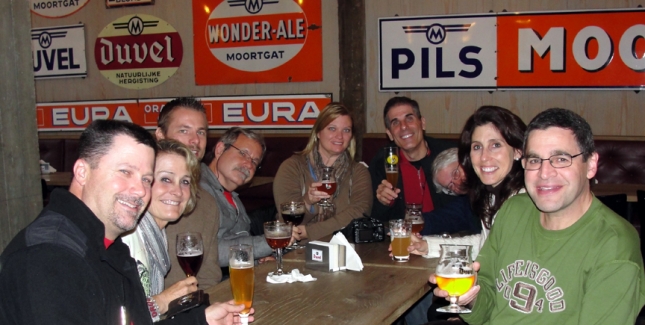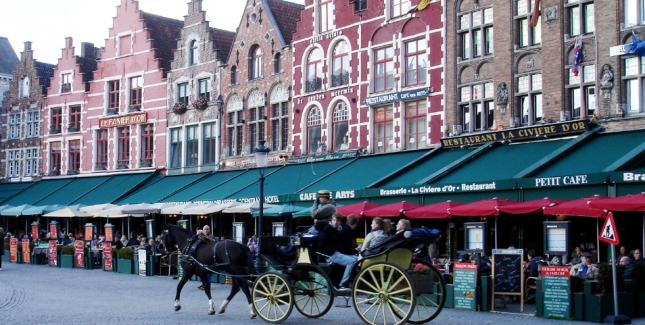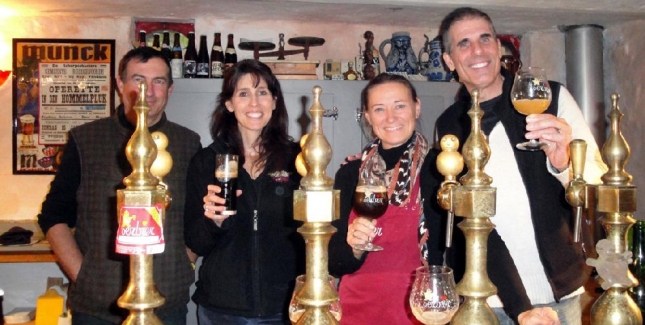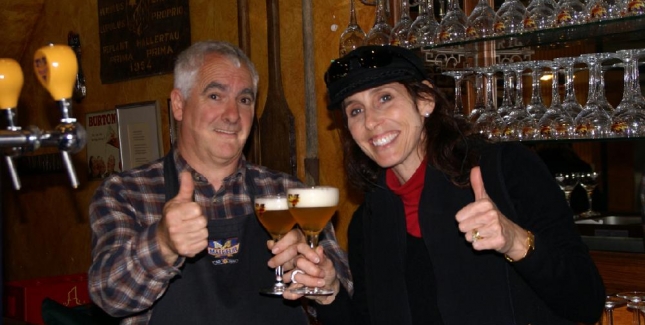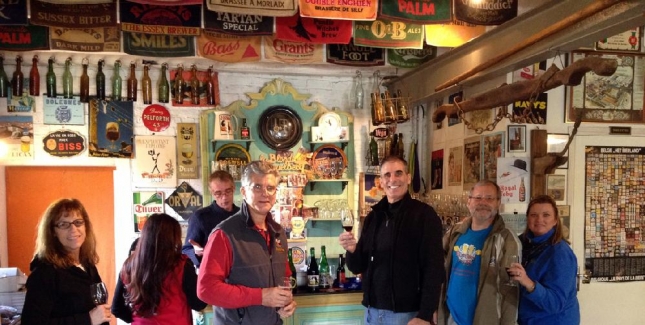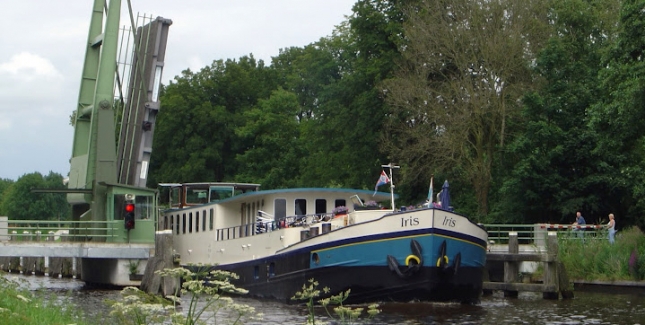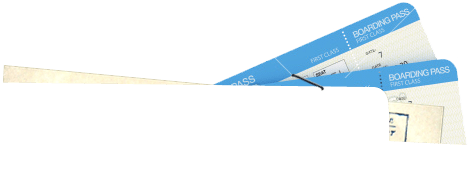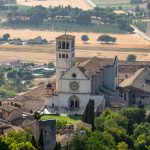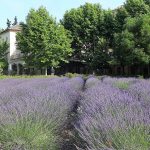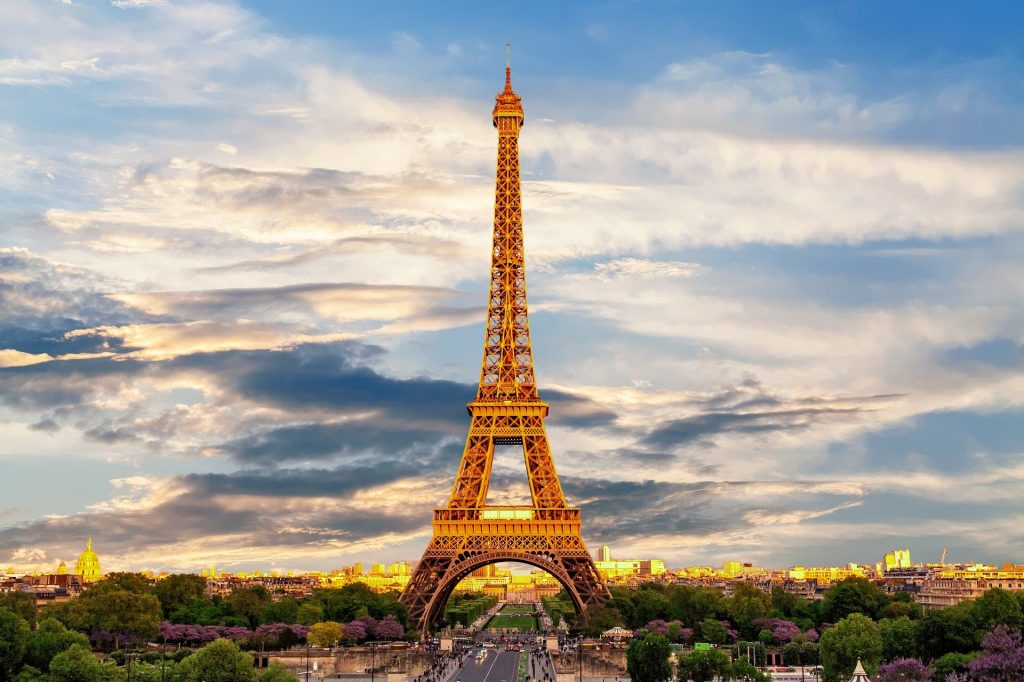
Our love of France is no secret. If you have joined us in France during one of our beercations or wine journeys, or have (graciously)listened to us wax poetic about the delicious beer, wine, food and culture of “L’Hexagon” you know we are smitten. You might be surprised to learn though, that Mike was not always a fan. In fact, the first time I went to Paris, it was with a group of girlfriends because he was under the misguided impression that American visitors were not well received in France. And misguided it was! I had an amazing time and dragged him back the following year to show him what he was missing. Long story short- we’ve been visiting pretty much every year since then. (Well except, of course, in 2020, but we went 3 times in 2021 to make up for that!)
What was it that changed his mind? He experienced for himself what I had experienced previously- an amazingly warm welcome and a beautiful country. He also learned that following the golden rule can work wonders during traveling abroad as well as it does in everyday life. If you treat people politely and with respect, they will treat you just as nicely in return.
Whenever we are visiting a new country, we try to learn a few words and/or phrases in the local language/dialect. Some people have told me they assume that the French won’t speak English because they don’t like English speaking tourists. This is not necessarily true. Not all French people speak English. Their primary language is, most often, French. And a French person or any other person who is a non-native English speaker may be hesitant to talk to a native English speaker, fearing that they might make mistakes, just as you may be hesitant to try to speak their language. Our experience has been that if you just give it a try and make the attempt to speak French, your new French friends and acquaintances may not feel so intimidated to try their English back in return. Speaking a few words in any language can make a huge impact on your travels. So, get online, check out a few language websites or download a few basic language lessons onto your phone. All you really need are a few words and phrases. Here are a few to help you get started:
- BONJOUR! – See? You thought you didn’t know any French and I bet you just pronounced the most important word like a native! This is the #1 word to pack in your France survival kit! Whether you are just asking the cheese monger at the market what kind of cheese he is sampling or you are popping into a shop to look at something you saw in the window, you should always, always, ALWAYS start any interaction with a friendly “Bonjour!”
- MERCI – When you are done with an interaction, if appropriate, i.e. leaving a shop, you should end with the other most important word: MERCI! (See? You know how to pronounce at least two words already 😊)
- S’IL VOUS PLAIT – The spelling may look weird, but you likely already know this word, as well. CLUE: it is not pronounced how it looks when you read it. It sounds more like “Seel Voo Play”, which, you may already know, means please. (The literal translation is “if it pleases you”) Sometimes you may see this written abbreviated as SVP. As in any languages, pleases and thank yous are très important!
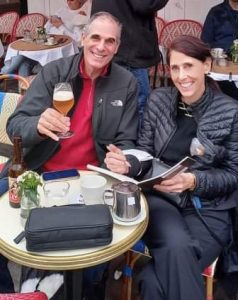 L’ADDITION– (usually said in combo with s’il vous plait). The pronunciation sounds like: “Le- ah- diss- see- own”. You may have guessed that this means the bill/check. The cool thing about most French restaurants and cafes is that you are never rushed to finish and leave. In fact, the waiter may not even bring you your bill until you ask for it, so if you are looking for a long afternoon of sipping un café or une biere while watching the passersby (or, sketching the scene in front of you, as was the case for me during a recent trip we took to Paris with friends) take your time until you are ready, and then politely request, “L’addition, S’il vous plait?”
L’ADDITION– (usually said in combo with s’il vous plait). The pronunciation sounds like: “Le- ah- diss- see- own”. You may have guessed that this means the bill/check. The cool thing about most French restaurants and cafes is that you are never rushed to finish and leave. In fact, the waiter may not even bring you your bill until you ask for it, so if you are looking for a long afternoon of sipping un café or une biere while watching the passersby (or, sketching the scene in front of you, as was the case for me during a recent trip we took to Paris with friends) take your time until you are ready, and then politely request, “L’addition, S’il vous plait?”- UNE CARAFE D’EAU – While drinking wine, beer or other spirits is part of the joy of our trips to France, it is always important to make sure to stay hydrated. “Une carafe d’eau s’il vous plaît” is how you ask for tap water in a restaurant. If you do not preface this with the “carafe” or you ask for de l’eau, you will be offered a choice of PLAT or GAZEUSE/PÉTILLANTE , meaning you will get a bottle of plat(still) or gazeuse (sparkling) water that will likely cost you more that your biere! Pronunciation hints: Carafe sounds pretty much like it sounds in English; d’eau is pronounced like “dough” (or like Homer Simpson would say, “D’oh”).
Need a little help with your pronunciation skills? You Tube has tons of language lessons and pronunciation videos. You can also try an app like: “How to Pronounce” or check out some of these programs for language lessons and pronunciation practice: https://www.fluentu.com/blog/french/french-pronunciation-online/
If you are joining us for one of our upcoming trips to Provence or our Paris Cognac Bordeaux trip, we will be sending your more tidbits like these prior to the trip, stay tuned!
And remember, in the end, if you make the attempt to be polite and appreciative of those who are helping you, in any language, this will shine through and likely be reciprocated, making your experience all the better. Merci for your interest in our tours and for reading this article to the end 🙂


